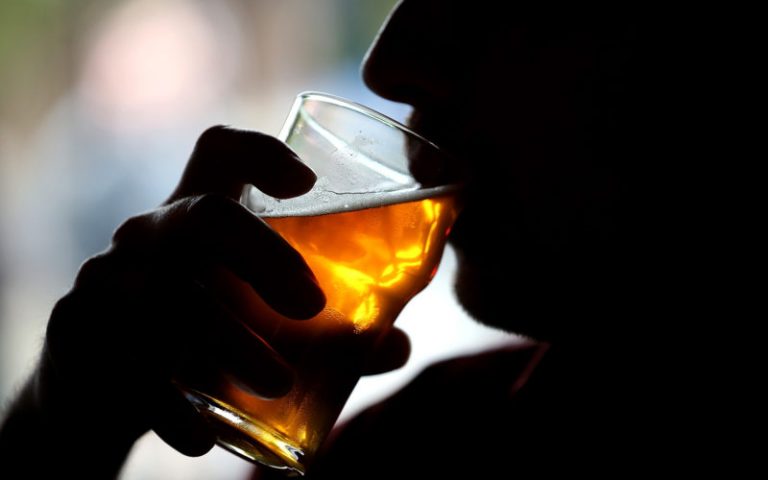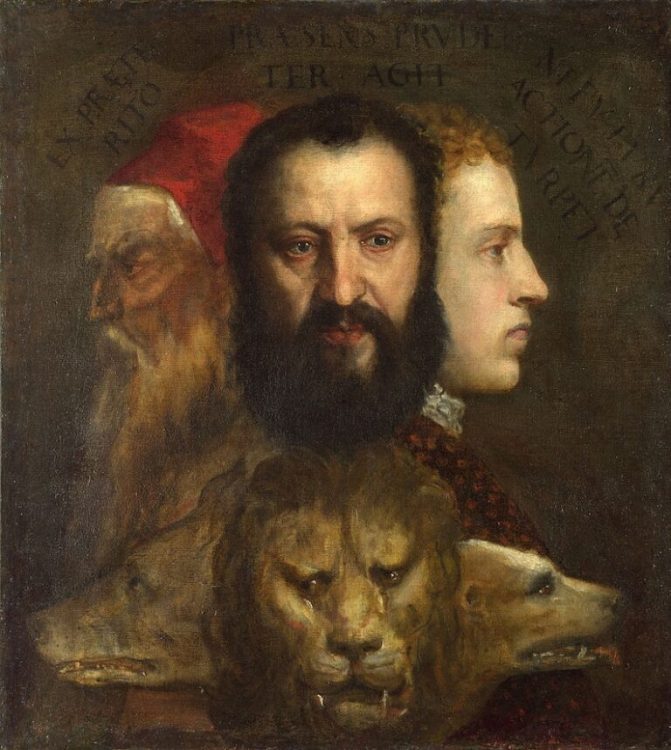It is often debated whether dependency on, for instance, alcohol or drugs, is an “illness” or not. Those who challenge the generally accepted view that these addictions are illnesses requiring treatment, pointing to those who manage by their own efforts to end their dependency, are vigorously countered by others who are certain that will-power is not enough and that medical intervention of some sort is essential for sufferers.
What is obvious to me after reading The Twelve Steps and the Sacraments: A Catholic Journey through Recovery by Scott Weeman (Ave Maria Press) is that those drawn into a compulsive pattern of self-destructive behaviour will rarely manage to break their habits by themselves. And as all those whose lives have been transformed by AA programmes would unhesitatingly testify, it is the unstinting fraternal love of fellow alcoholics that is the key to the transformation.
The author, founder of Catholics in Recovery, a non-profit organisation that helps individuals to overcome their addiction, took to drink and drugs when he was aged 17, soon after, as he ironically records, he received the Sacrament of Confirmation. For the next nine years his life reflected the pattern familiar to addicts: failed relationships, frustrated ambitions and temptations to despair. Aged 26 he finally asked for help and returned to the Church.
As anyone who has undertaken the 12 steps of AA will tell you, the “Higher Power” that is invoked is translated by each person into their personal metaphysical scheme of things. For Weeman it meant looking at his life and his addictions from a Catholic perspective. Reading his book also from a Catholic perspective it is hard not to conclude that although many recovering addicts speak of a Higher Power it is God who is working invisibly in their lives through grace and the love of others.
One of the most compelling aspects of the wisdom of AA is sponsorship. New members are introduced to a sponsor or companion who will accompany them through their journey out of despair. These sponsors have made that journey already so know all the pitfalls and struggles themselves. They are like the Good Samaritan helping the man set upon by robbers, with the difference that they themselves were once wounded and in need, so understand better than most people the moral imperative to help a fellow traveller fallen by the wayside.
Although the author’s own weaknesses were alcohol and drugs, he refers to other “psychological dependencies” such as gambling, eating and sexual addiction. This last has received some coverage in the press recently, as people have debated whether it should be “treated” on the NHS. Reading Zoe Strimpel’s column in the Telegraph on Sunday under the headline “Why it makes sense for the NHS to offer help to sex addicts”, I did wonder if, in the days of religious belief, “sex addiction” might be more accurately categorised under the deadly sin of lust (a word unknown to modern columnists), and why the author didn’t mention addiction to on-line pornography.
I suspect this is because pornography, like lust, is not considered a sin. Yet there is increasing evidence that it can destroy marriages and relationships – which should not surprise us, given the power of the visual image to lodge itself in the mind. A good friend of mine, a convert, tells me that her freewheeling parents let her read the Marquis de Sade in her early teens and that she has subsequently never been able to rid herself entirely of his horrible images.
Weeman quotes Dr Peter Kleponis, a leading Catholic clinical therapist who works to bring the Catholic faith into the recovery process for sexual addictions, including pornography. He makes the point that most addicts feel deeply ashamed, believing they are unlovable, thus relying on their drug of choice to meet the unspoken longings of the heart. It struck me that many people feel this about themselves and that only God, the real “Higher Power” for us all, can fulfil these yearnings.
In his concluding words, Weeman could be speaking to us all, addict or not: “One man or woman can change the world. The Spirit will work through you in extraordinary ways and has great plans to sue your life to spread the faith to others. Do not be afraid….Know that all your experiences, even the darkest of moments, can be useful to further the kingdom of God.”
http://www.catholicherald.co.uk/commentandblogs/2018/05/07/how-should-catholics-deal-with-addiction/







